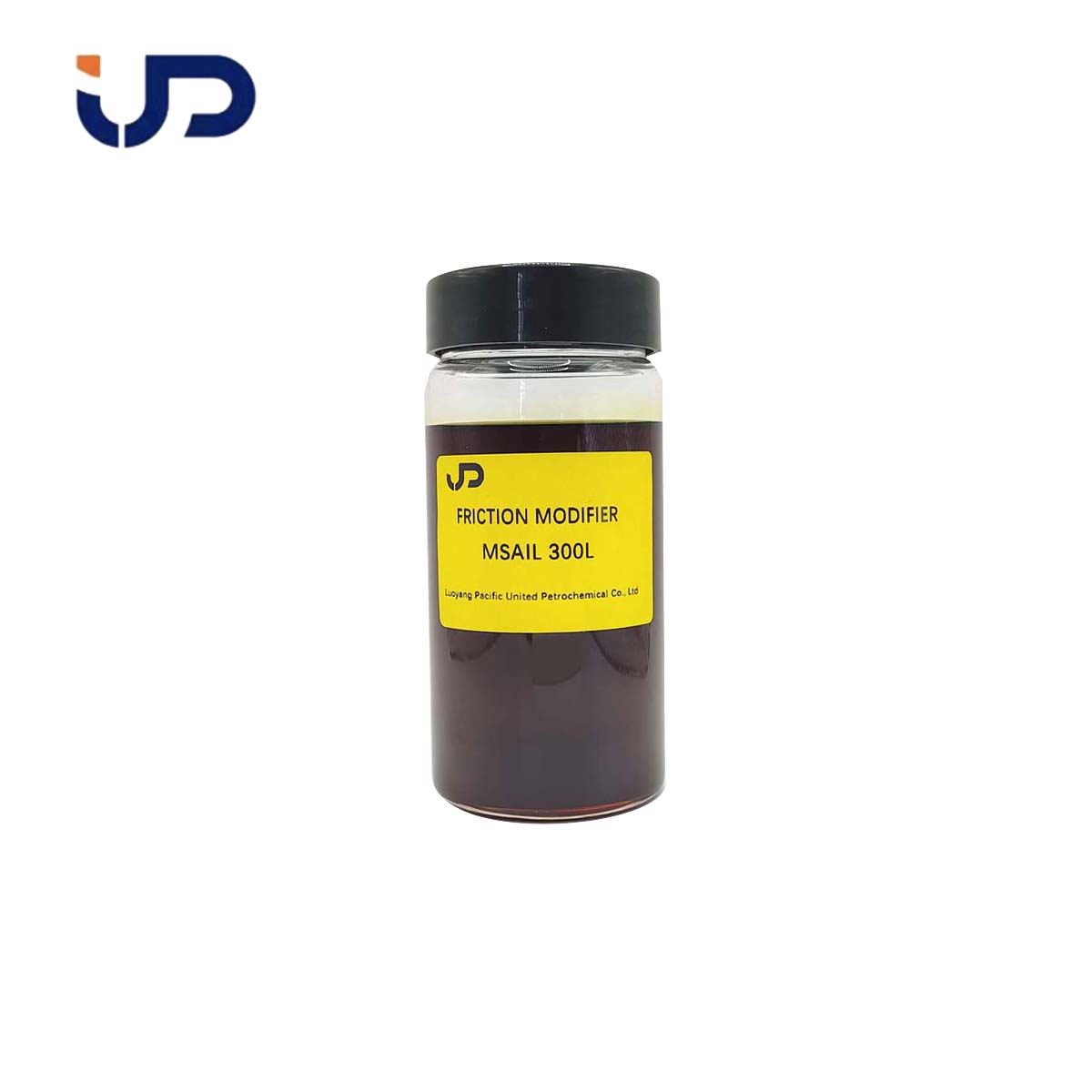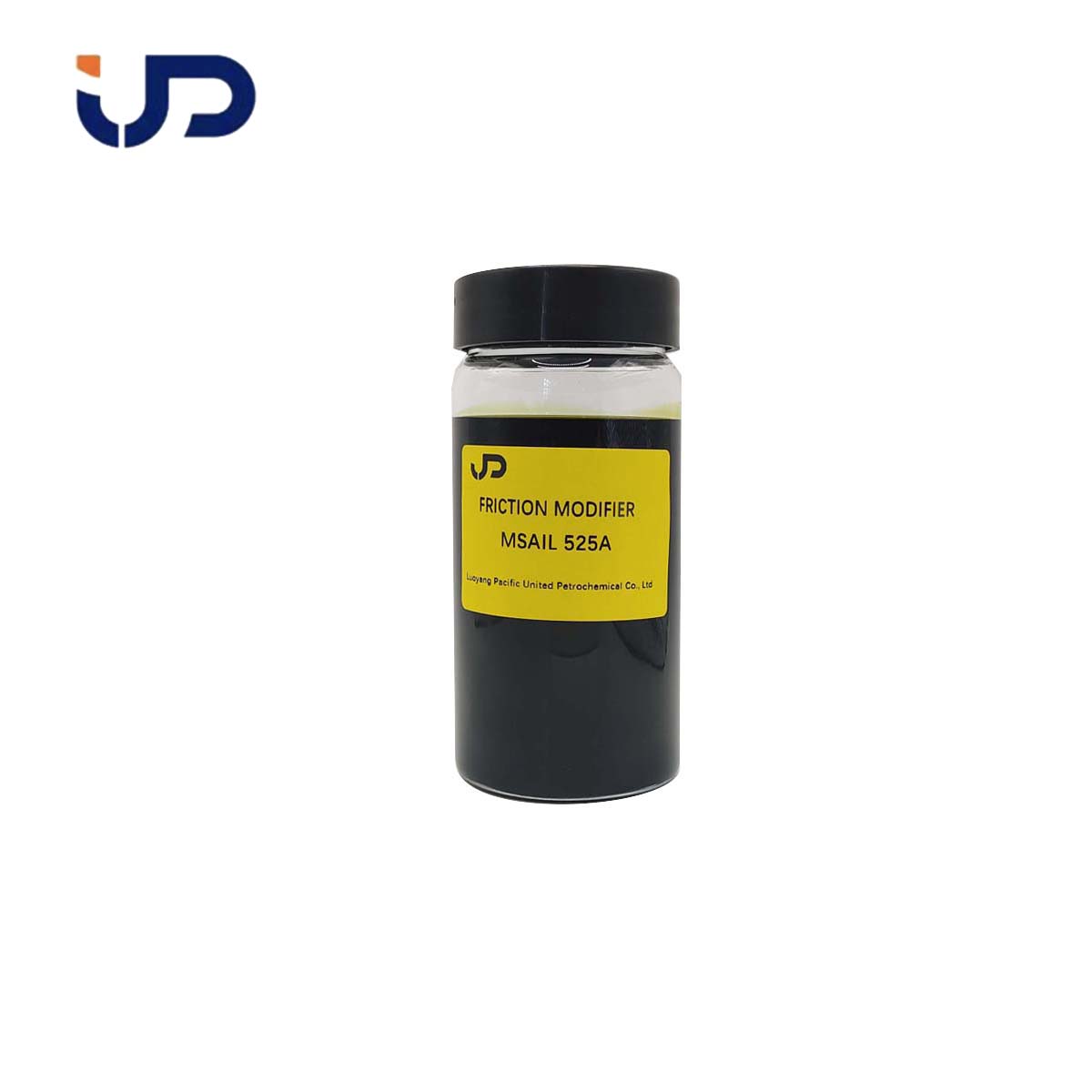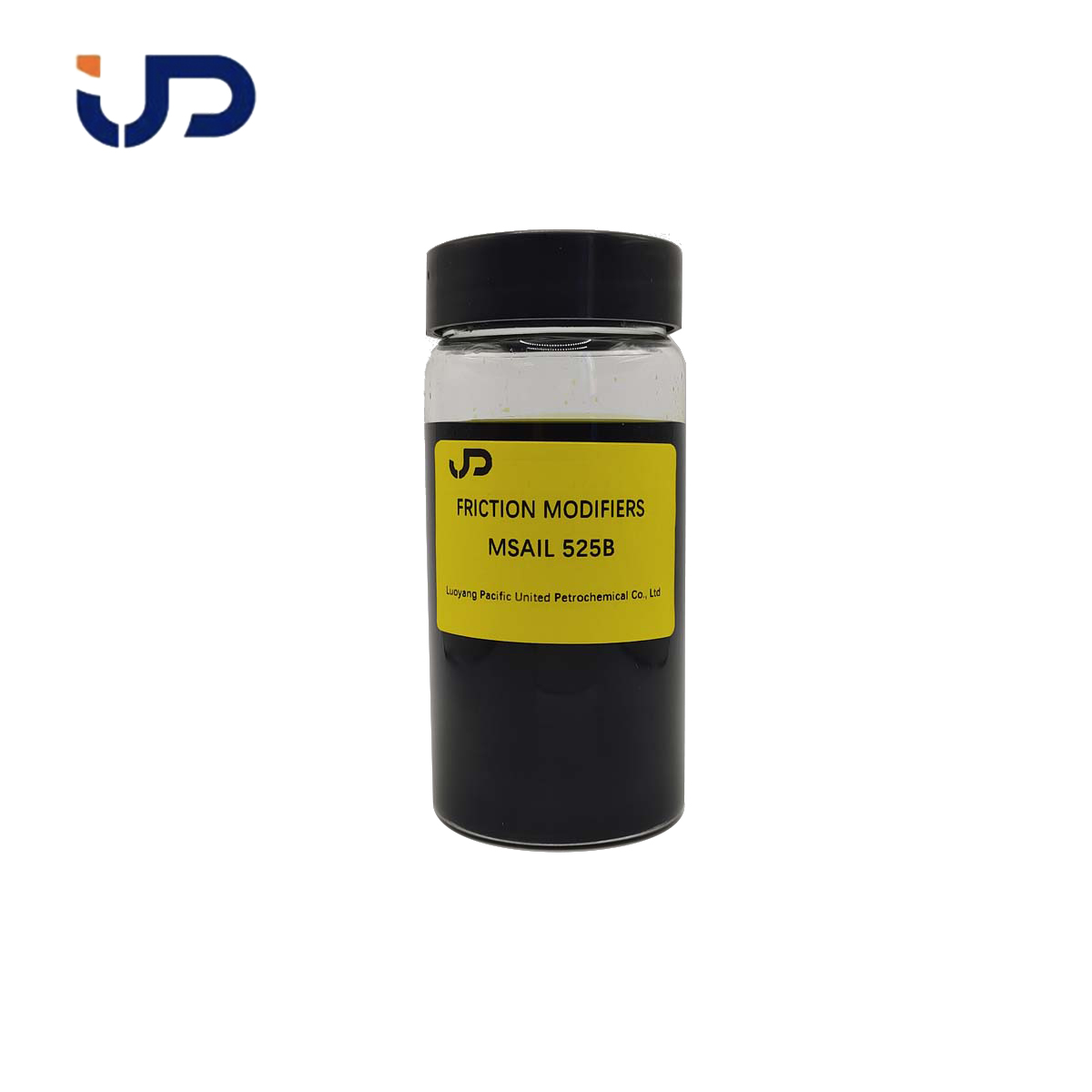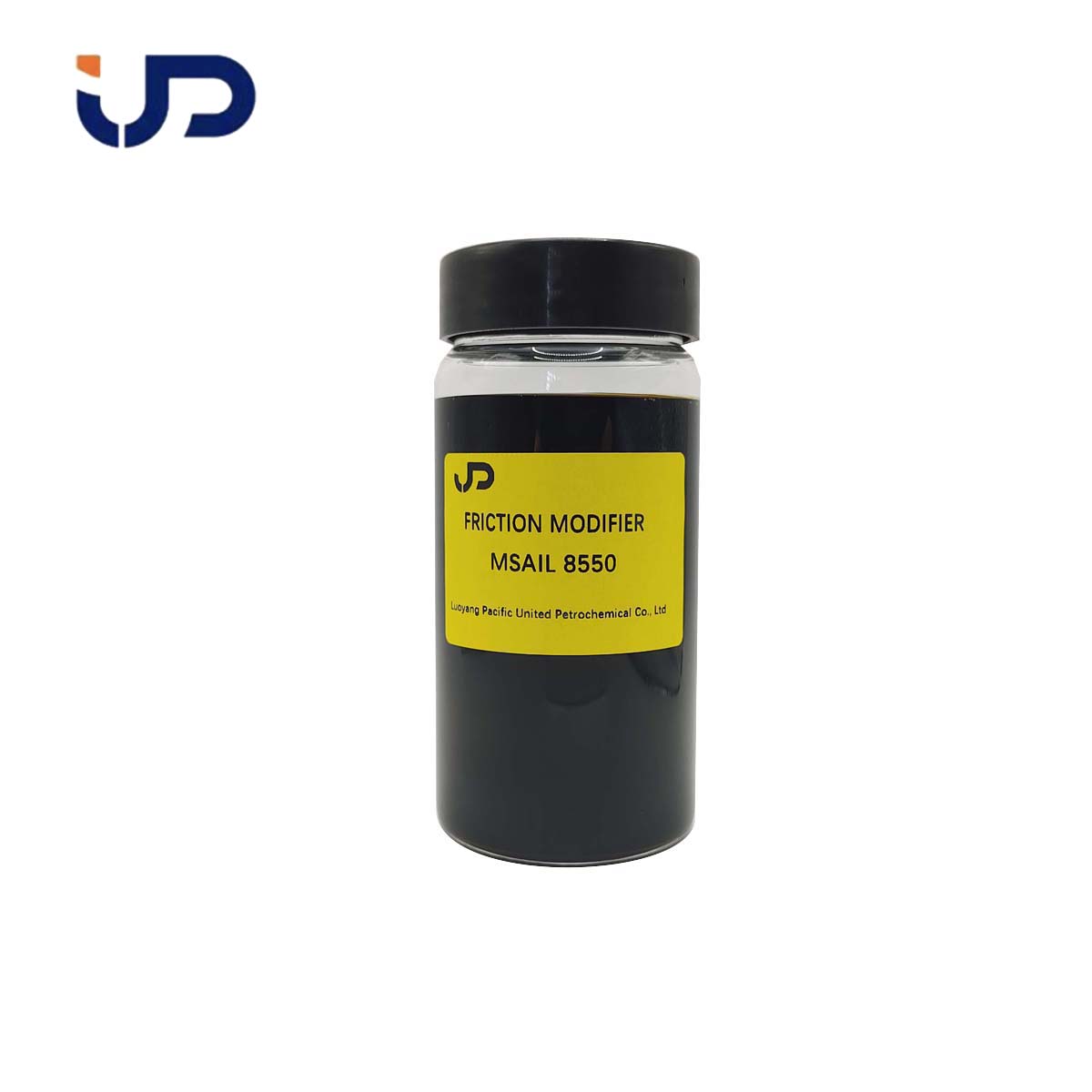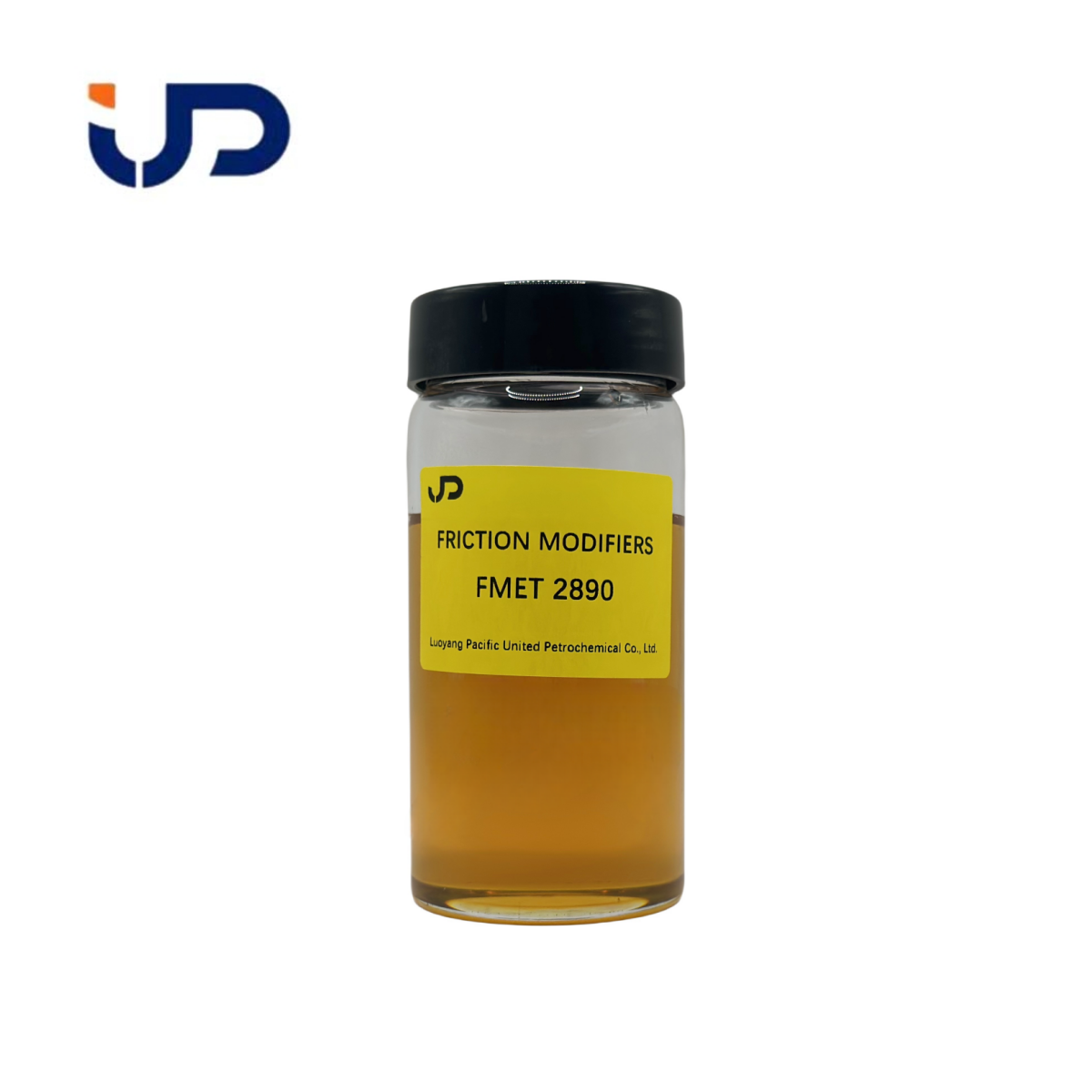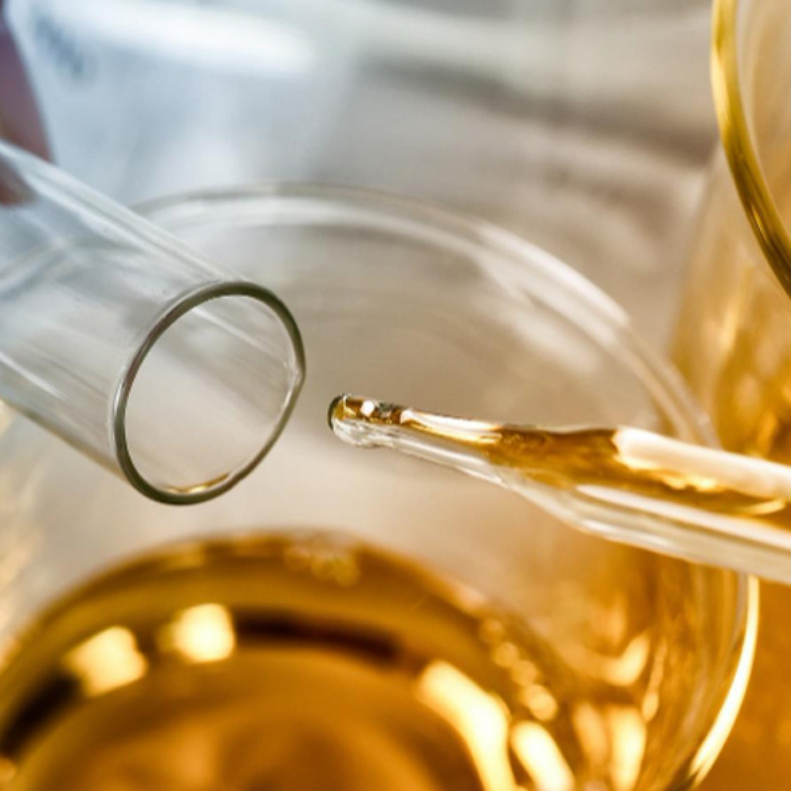UNPChemicals Friction modifier additives added to lubricants and inustrial oil, helps to improve the frictional behavior between two interacting surfaces. They help to prevent scoring, minimize wear and noise, and reduce the risk of micropitting in industrial gear lubricants. Widely utilized in gasoline engine oils, these additives are also incorporated into fluids for automatic and manual transmissions, tractor hydraulic systems, power steering, shock absorbers, industrial gears, and metalworking applications. In automatic transmission fluids and limited-slip axle lubricants, friction modifiers regulate torque transfer during clutch and band engagements.
Top UNPchemicals Friction Modifiers
Popular UNPChemicals Friction Modifiers
Molybdenum dithiophosphate MSAIL 300L MoDTP CAS 72030-25-2
Molybdenum Dithiophosphate (MoDTP) MSAIL 300L is a liquid organic molybdenum friction improvement.
Read More Get A QuoteMolybdenum dithiocarbamate MSAIL 525A MoDTC CAS 253873-83-5
Molybdenum Dithiocarbamate MSAIL 525A MoDTC is a phosphate-free liquid organic molybdenum friction modifier.
Read More Get A QuoteLong-chain molybdenum dithiocarbamate MSAIL 525B MoDTC CAS 71342-89-7
MSAIL 525B, as a non-phosphorus long chain dialkyl dithiocarbamate molybdenum friction modifier, can
Read More Get A QuoteOrganomolybdenum complex S/P free MSAIL 8550 CAS 445409-27-8
MSAIL 8550 can cooperate with sulfur additive to greatly improve the friction-reducing and anti-wear properties of lubricating oil.
Read More Get A QuoteNitrogen-containing boric acid esters FMET 2890
FMET 2890 is broadly employed in internal combustion engine oils, industrial lubricants, pure oil me
Read More Get A QuoteOleylpropylene diamine monoleate FMET O CAS 61790-55-4
Oleylpropylene diamine monoleate FMET O
Read More Get A QuoteTall oil diethanolamide FMET 51 CAS 68155-20-4
Tall oil diethanolamide FMET 51
Read More Get A QuoteTallowpropylene diamine dioleate FMET T CAS 61791-53-5
Tallowpropylene diamine dioleate FMET T
Read More Get A QuoteTallow amine ethoxylate FMET T2 61791-44-4
Tallow amine ethoxylate FMET T2 is an ashless friction modifier with an ethoxylated tallow amine structure
Read More Get A QuoteAlcohol amine esters of long-chain fatty acids FMET T3 CAS : 61790-67-8
Alcohol amine esters of long-chain fatty acids FMET T3
Read More Get A Quote
Friction modifiers, also known as friction reducing agents or boundary lubricants, are chemical additives that help reduce friction and wear between moving surfaces in contact. They are commonly used in lubricants, oils, and greases to enhance performance, reduce energy consumption, and extend the service life of various mechanical components in automotive, industrial, and other applications.
With years of experience and extensive testing, UNPChemicals provides specialized grease additive components, and multifunctional packages designed for automotive, industrial and commercial applications. Our cost effective, high quality, environment friendly and thickener compatible additives can meet customer's requirement for extreme pressure, corrosion inhibition, wear protection and extended grease life.
What is Lubricant friction modifier?
Lubricant friction modifiers are chemical additives used in lubricants, oils, and greases to improve their performance by reducing friction and wear. By minimizing the friction between moving parts, lubricant friction modifiers can extend the service life of components, reduce energy consumption, lower operating temperatures, and improve overall system efficiency.
Types of Lubricant Friction Modifiers
Lubricant friction modifiers can be classified into several categories based on their chemical composition:
Organic Compounds: Derived from animal or vegetable sources, examples include fatty acids, amides, and esters such as stearic acid, oleic acid, and glycerol monostearate. These compounds form a thin, low-shear film between contacting surfaces, reducing metal-to-metal contact and lowering friction.
Polymers: Examples include polyalkylene glycol (PAG), polytetrafluoroethylene (PTFE, also known as Teflon), and poly-alpha-olefin (PAO). These polymers can form a brush-like layer between surfaces, reducing the shearing forces and minimizing wear.
Solid Particles: Solid particles such as graphite, molybdenum disulfide (MoS2), and tungsten disulfide (WS2) can be used as lubricant friction modifiers when suspended in the lubricating medium. They provide a cushioning effect, reducing friction by preventing direct contact between sliding surfaces.
Inorganic Compounds: Examples include zinc dialkyldithiophosphate (ZDDP) and molybdenum dithiocarbamate (MoDTC), which are commonly used in automotive engine oils to offer protection from wear and high-pressure conditions.
Applications of Lubricant Friction Modifiers
Lubricant friction modifiers are used in various applications across different industries:
Automotive: Engine oils, transmission fluids, and gear oils for passenger cars and commercial vehicles often contain friction modifiers to resist wear, reduce operating temperatures, and improve fuel efficiency.
Industrial: Friction modifiers are employed in industrial lubricants for gearboxes, turbines, compressors, and hydraulic systems to enhance efficiency, lower energy consumption, and lengthen maintenance intervals.
Metalworking: In metalworking fluids, cutting fluids, and drawing lubricants, friction modifiers help minimize wear and friction during machining, cutting, and forming processes, resulting in better surface finishes and reduced tool wear.
Greases: Incorporating friction modifiers into greases can enhance performance in various applications, including bearings, gears, and other mechanical assemblies, by reducing wear and friction.
Selecting Lubricant Friction Modifiers
When selecting lubricant friction modifiers for a particular application, it is essential to consider factors such as:
Compatibility with the base lubricant, other additives, and component materials.
Operating conditions, including temperature, pressure, and sliding speed.
The type and material of the contacting surfaces.
Environmental concerns, such as biodegradability and toxicity.
Careful selection and incorporation of suitable friction modifiers into lubricants can lead to significant performance enhancements in mechanical systems, offering benefits such as extended equipment life, increased efficiency, and reduced maintenance costs.
Friction Modifier Supplier
UNPChemicals is a professional and trusted friction modifiers supplier manufacturing high quality and range of friction modifier according to your workflows and products. If you are looking for high performance friction modifier solution, feel free to contact us.
